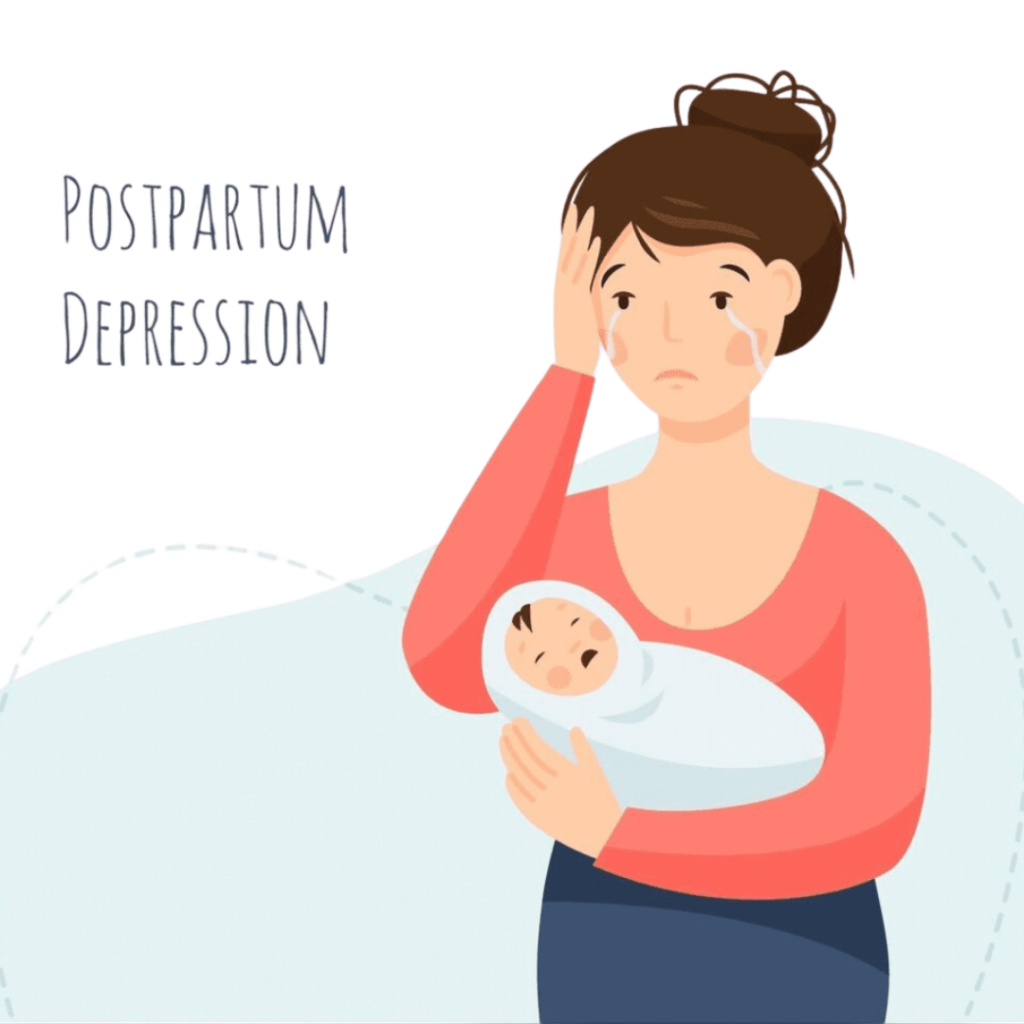A Brief
Approximately one in seven women may experience postpartum depression or a mood disorder within the first year after childbirth. This mental health condition can stem from various factors, including hormonal shifts, genetic predisposition, environmental influences, and family dynamics.
However, many cases go unaddressed due to stigma, lack of awareness, denial, or feelings of guilt.
I had firsthand experience with postpartum depression when my wife gave birth to our child. Although I was aware of this mental health condition as a therapist, supporting my wife during her first nine months after a C-section brought new insights.
What helped my wife immensely was her ability to recognize the drastic changes in her mood and speak openly about them. Childbirth is no easy task; a woman’s body and mind undergo profound changes both during and after delivery. Addressing postpartum depression and mood issues is crucial, and the first, most important step is awareness.
Postpartum depression often surfaces within the first two months postpartum, as the body and mind struggle to adapt to the transformation. Contributing factors include lack of time for self-care, sleep deprivation, disruptions to eating and exercise routines, insufficient support from a partner or family, and a persistent sense of irritability or exhaustion.
While postpartum depression is often situational, it can become severe in some cases. ‘As both a therapist and a husband, I highly encourage expressing your thoughts and feelings and addressing postpartum depression or mood issues—even if they seem mild—within the first 2-4 months after childbirth, without fear of judgement.’ This mental health exercise can make a significant difference, helping you maintain a positive mindset and overcome challenges to create a supportive environment for both yourself and your child.
Whether through virtual, phone, or in-person support, don’t hesitate to reach out. Acknowledge what you’re experiencing and take steps to address it.

